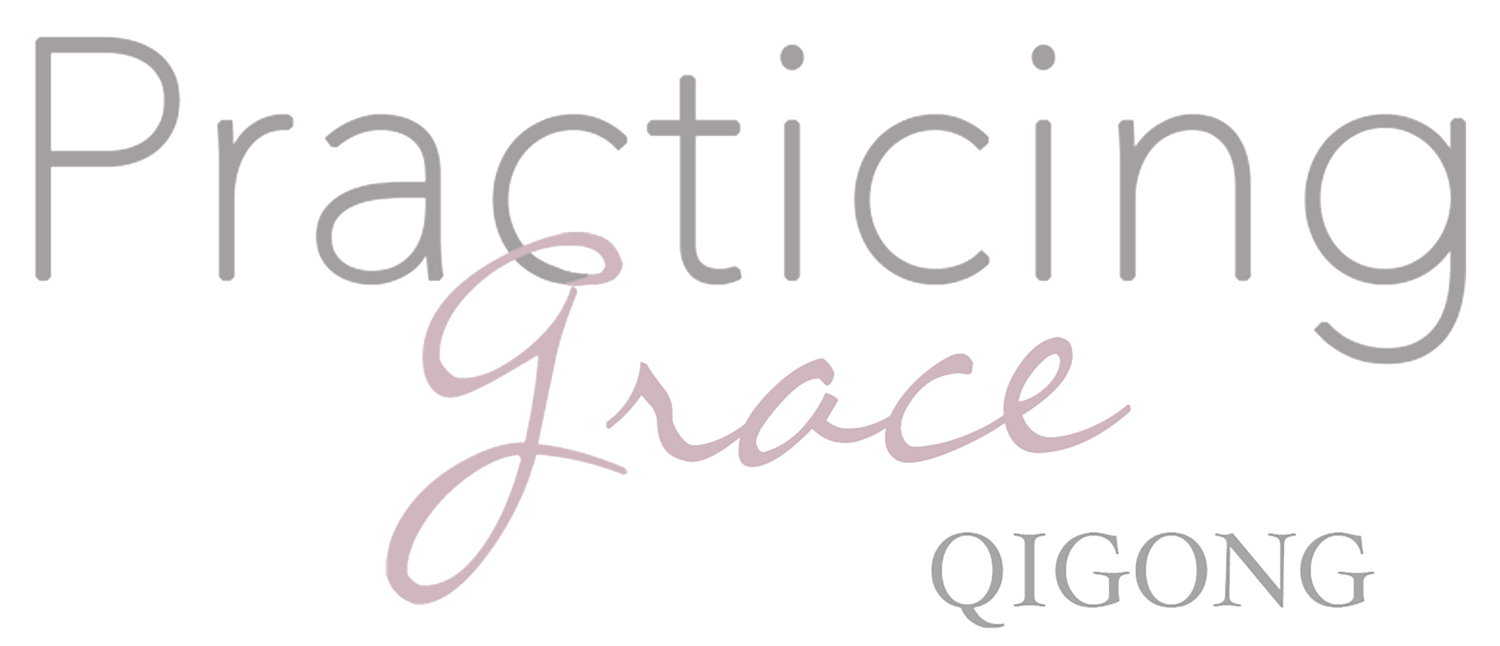“We cannot solve our problems with the same thinking we used when we created them.”
– Albert Einstein
“In the beginner’s mind there are many possibilities, but in the expert’s, there are few.”
- Zen master Shunrya Suzuki
In her teachings, Pema Chodron suggests we approach everything with the mind of a beginner or what is known in Zen Buddhism as “Shoshin”.
A beginner’s mind refers to having an attitude of openness, eagerness, and lack of preconceptions when studying a subject, even when studying at an advanced level, just as a beginner would.
Jon Kabat Zinn says: “an open, beginner’s mind allows us to be receptive to new possibilities and prevents us from getting stuck in the rut of our own expertise. No moment is the same as any other - each one is unique and contains unique possibilities.”
“Instead of thinking out of the box, get rid of the box.”
- Deepak Chopra
THE PRACTICE OF “DON’T KNOW MIND”
Use this practice to bring wisdom to a situation of inner or outer conflict. Initially begin by sitting. Later you can practice in social situations.
Sit quietly and easily, focusing on your breath or body. When you feel settled, bring to mind a time ten years ahead. Recognize that you don’t know what will happen then. Feel the not knowing and relax with it. Think of the earth spinning through space with hundreds of thousands of people being born and dying every day. Where does each life come from? How did it start? There are so many things we don’t know. Feel the truth of don’t know mind, relax and become comfortable with it.Now, bring to mind a conflict, inner or outer. Be aware of all the thoughts and opinions you have about how it should be, about how they should be. Now recognize that you don’t really know. Maybe the wrong thing will lead to something better. You don’t know.Consider how would it be to approach yourself, the situation, the other people with don’t know mind. Feel it. Don’t know. Not sure. No fixed opinion. Allow yourself to want to understand anew. Approach it with don’t know mind. With openness. How does don’t know mind affect the situation? Does it improve it, make it wiser, easier? More relaxed?Practice don’t know mind until you are comfortable resting in uncertainty, until you can do your best and laugh and say “Don’t know.”
-Jack Kornfield, ” “The Wise Heart”
On Grace…
“Grace is an act of transformation, making an ordinary moment into something extraordinary. And nowhere is that more visible than when we fall and the veils of composure drop away. But must they? Whether we’re talking about a physical stumble or some event that brings us to our knees emotionally, grace can help us meet life as it comes with ease, equanimity and courage.”
- Sarah L. Kaufman, “The Art of Grace”
Our Closing Meditation:
Meet Me Here
- by Adyashanti
Join me here Now
where there are no points of view
slip under good and bad
right and wrong
worthy and unworthy
sinner and saint
Meet me here
where everything is unframed
before understanding
and not understanding
Meet me here
where silence roars
where stillness is dancing
where the eternal is living and dying
Meet me here
where you are not you
where you are It
and It is unspeakable
Meet me here where all points of view
merge into a single point
that then disappear
Meet me here
before there ever was something
before there ever was nothing
Meet me here
where everything speaks of this
where everything has
always spoken this
where nothing is ever lost or found
Meet me here




